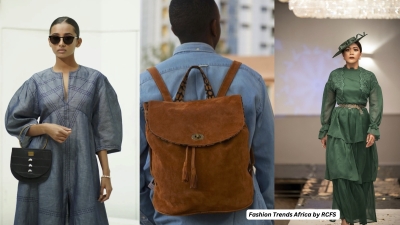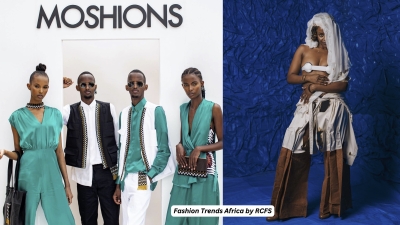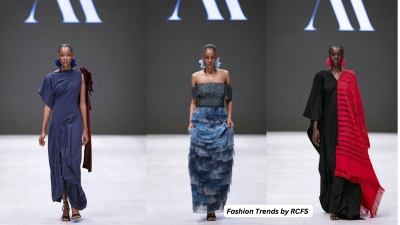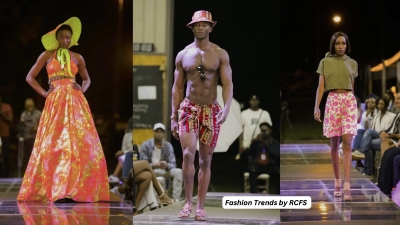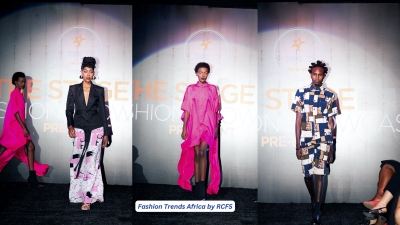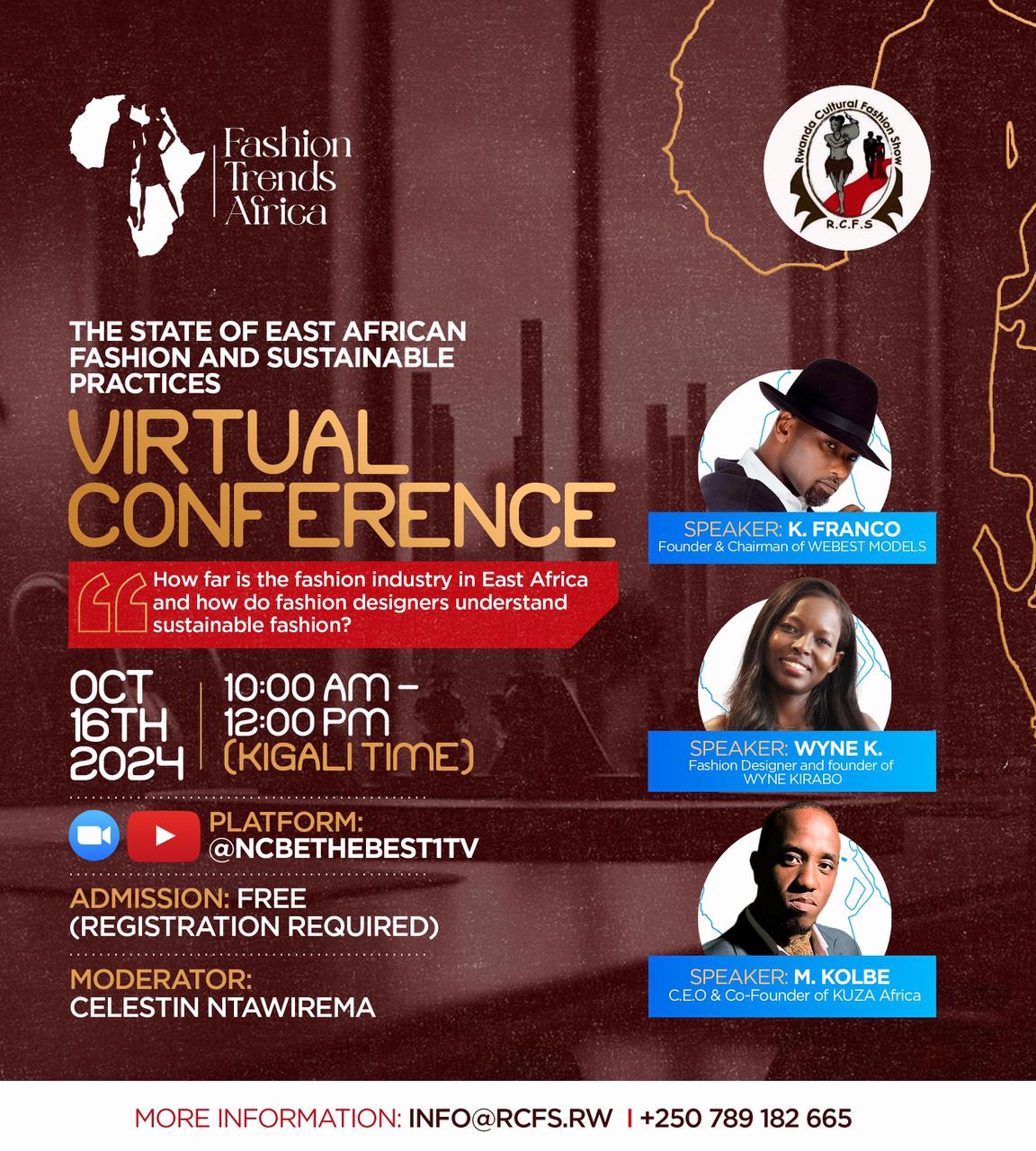![[PHOTO: Collection made by Matheo- Model: Professional model Sandrine Mucyo]](/media/k2/items/cache/18bdd04e288fc232234be2fb5ea8bf38_L.jpg) [PHOTO: Collection made by Matheo- Model: Professional model Sandrine Mucyo]
[PHOTO: Collection made by Matheo- Model: Professional model Sandrine Mucyo]
Is the Rwanda Fashion Industry Isolated in the Region?: Challenges and Opportunities
The fashion industry in Rwanda has been experiencing a slowdown, leaving many puzzled about its current state and future prospects. Various stakeholders have expressed concerns about what's missing or what needs to be done to revitalize the sector. While some are pointing fingers at each other, others believe the government should play a more significant role in supporting the fashion industry.
To gain a better understanding of the situation, RCFS's MEDIA interviewed several fashion enthusiasts and industry insiders in Kigali, who shared their diverse perspectives on the matter.
Eric Uwizeyima, a fashion observer, suggests that people need to broaden their perspective and consider the regional context before comparing Rwanda's fashion industry to others in East Africa. He points out, "Many people used to see CollectiveRw as the leading platform to promote the fashion industry, while others viewed Kigali Fashion Week and other major fashion events as the primary means to gain exposure. But where are these initiatives now?" Eric continues, "Something is unclear, and few know what's going on, but many seem to have lost interest."
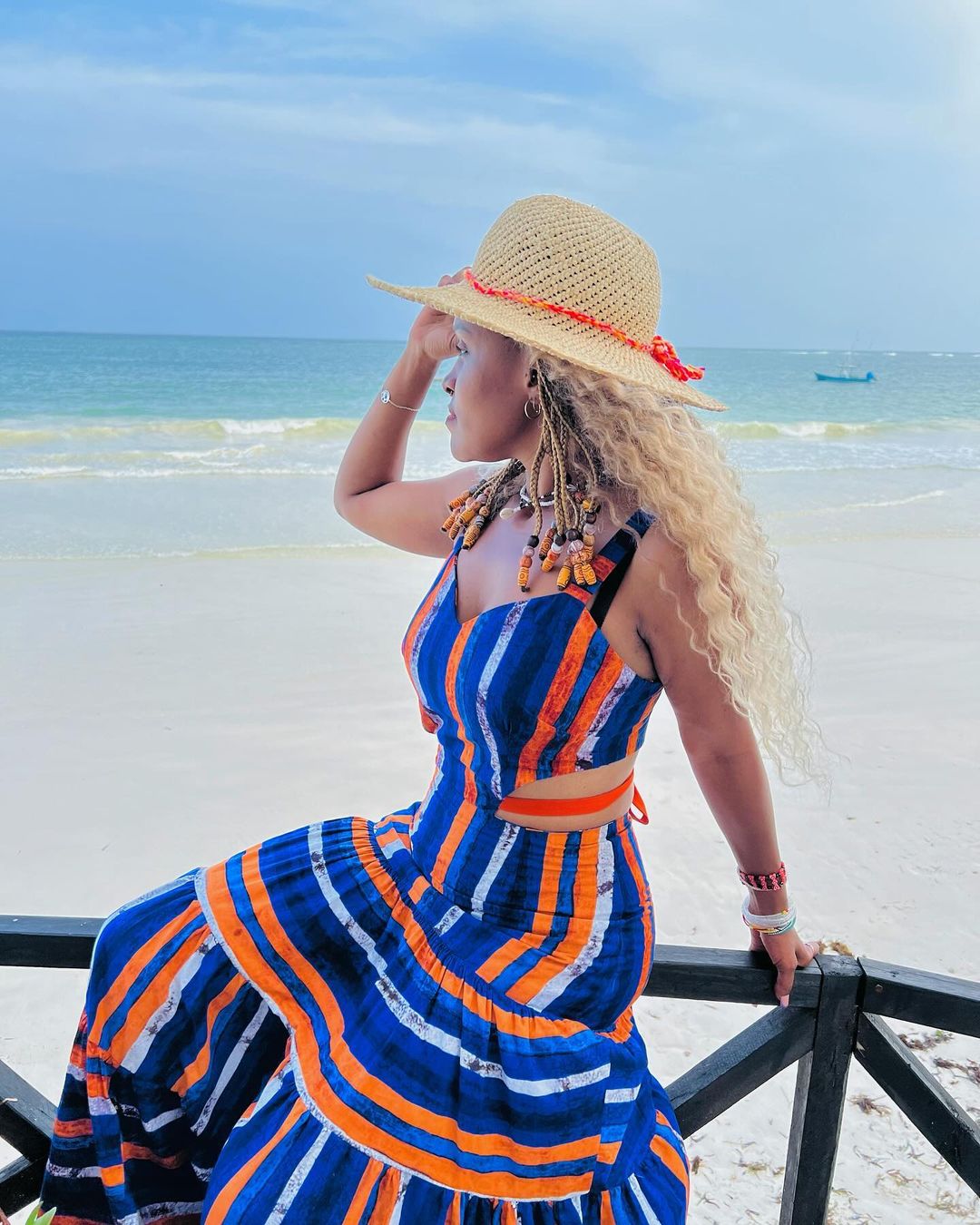 [PHOTO: Collection made by Touch of Rwanda Designs]
[PHOTO: Collection made by Touch of Rwanda Designs]
Eric also notes that the Rwandan fashion industry appears isolated, with fewer partners showing interest than before. He explains, "British Council Rwanda was willing to support the fashion industry and even provided assistance to some fashion designers and fashion shows. However, no one knows why they stopped supporting our fashion industry."
Another fashion enthusiast, who requested anonymity and is referred to as Miss Eva, agrees with Eric but believes selfishness is the main issue. She states, "Of course, the British Council is among the top supporters when it comes to arts and fashion in the East African region. Look at what they're doing in Kenya, Uganda, and Tanzania – it's very supportive of artists, especially fashion designers, and helps discover new talents."
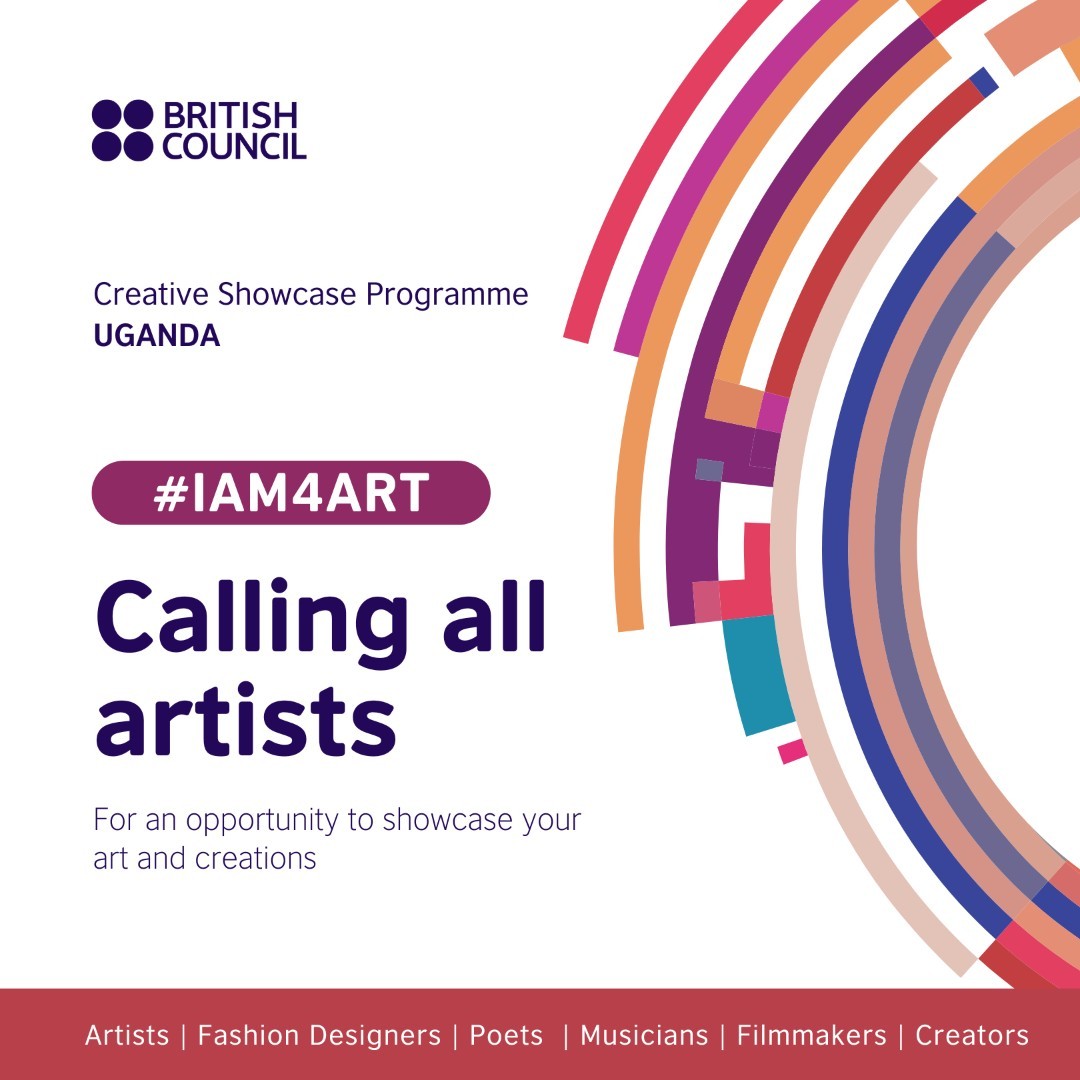
[PHOTO: The British Council has been implementing projects in Uganda, Tanzania, and Kenya in the past 3 years ago but not Rwanda]
Miss Eva points out a sensitive topic that people are reluctant to discuss. "The British Council in Rwanda was trying to help, even though it was criticized for supporting only one side. Some sources said that the council discovered that certain fashion designers were unwilling to collaborate with others. Other sources mentioned that selfishness was a factor in pushing them away. Is this true? I don't know."
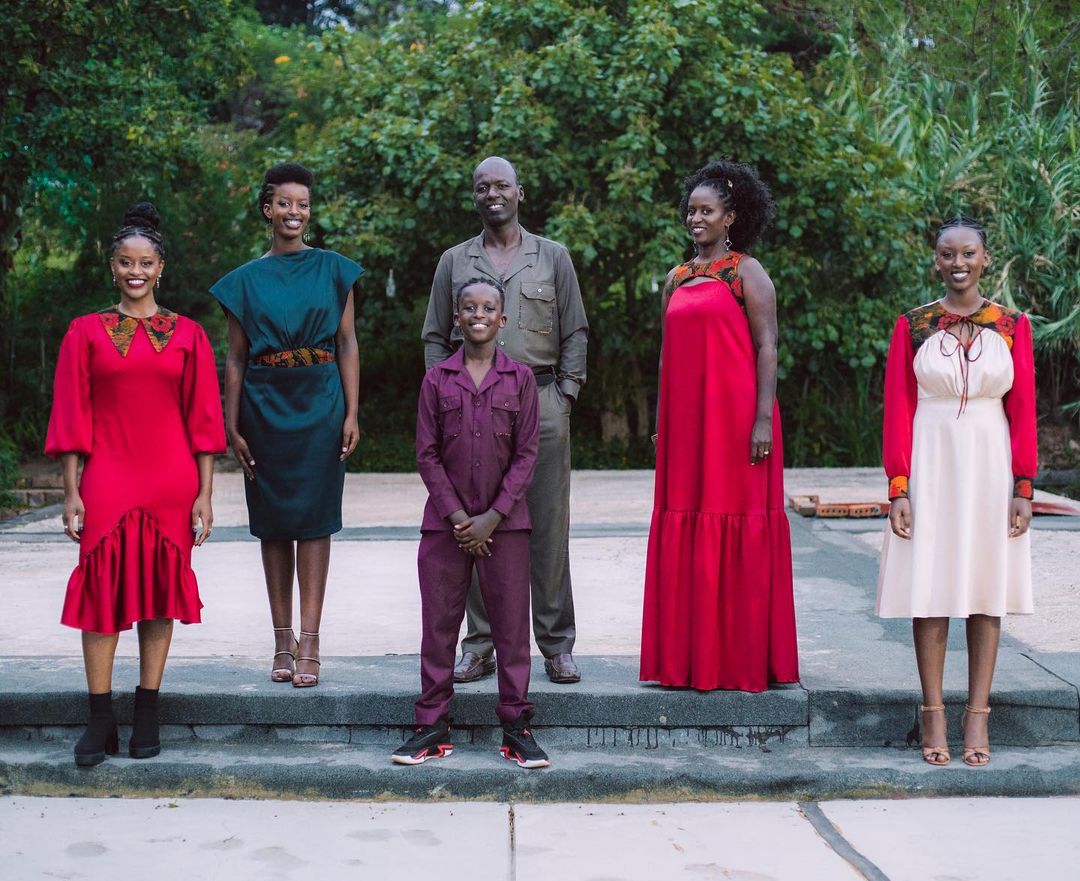 [PHOTO: Collections made by Uzi Collections]
[PHOTO: Collections made by Uzi Collections]
The British Council has been supporting fashion designers across East Africa by providing training and financial assistance. The organization has helped designers from Kenya, Uganda, and Tanzania gain global attention, enabling many to showcase their work across Africa and receive various forms of promotion.
"Some time ago, the British Council invited some of our fashion designers to join others in Kenya for a conference and training sessions, but what happened there remains unknown," Miss Eva adds. "Someone mentioned that our fashion designers think they're the best whenever they go, which isn't true. People should let others appreciate their work before placing themselves at the top of the ladder."
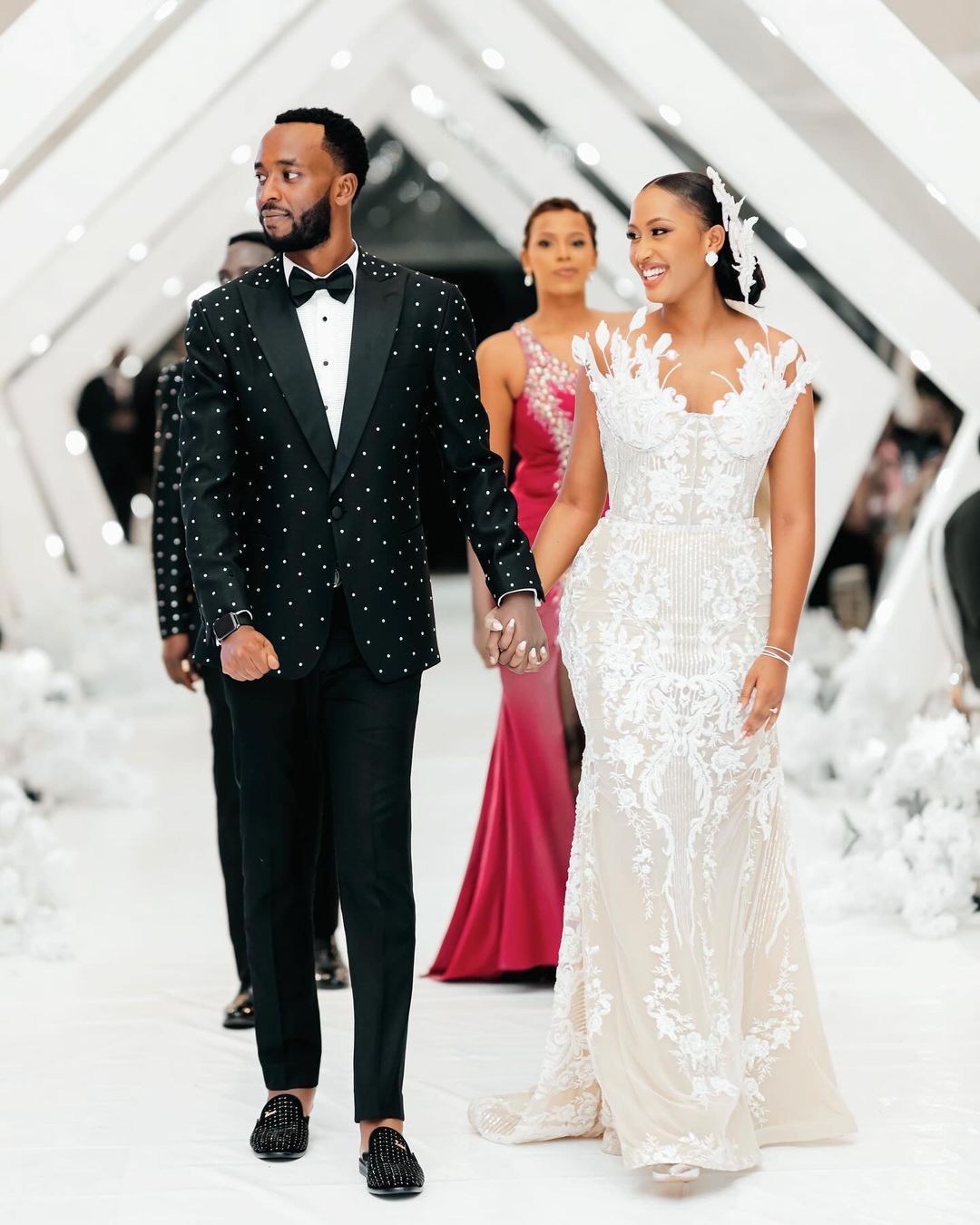 [PHOTO: Collection made by Tanga Designs]
[PHOTO: Collection made by Tanga Designs]
Ernest Muhire, a fashion commentator, sees the fashion industry in Rwanda shrinking if action isn't taken soon. He explains, "To be honest, our fashion industry is regressing. I remember when Lagos Fashion Week was very interested in working with fashion designers in Rwanda, but when they came here, they found that some of our designers were withholding information." Ernest continues, "They organized a conference in partnership with CollectiveRw and expected it to be full of fashion designers, but they were surprised to see no more than 10 attendees. Do we only have 10 fashion designers? No, we have many more than that."
Ernest also mentions that in the past three years, few fashion designers have showcased their work at major events as they used to, which is a sign that the industry is becoming isolated. "Look at the many fashion weeks happening around the world – why aren't we receiving invitations to attend? This shows that international fashion promoters and organizers view the level of our creativity and uniqueness as not matching their fashion weeks' standards."
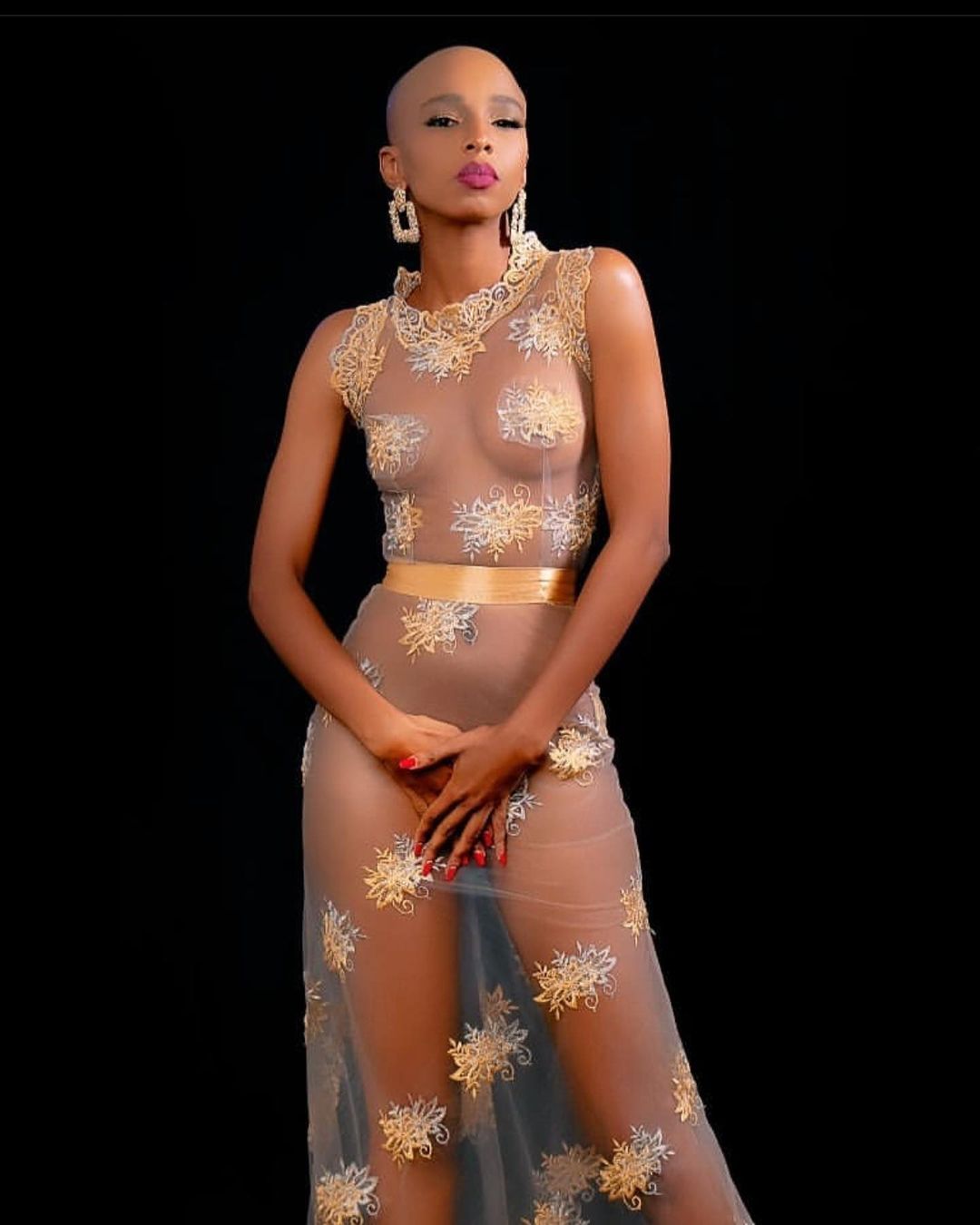 [PHOTO: Collection made by Inkanda Fashion House]
[PHOTO: Collection made by Inkanda Fashion House]
A Kigali-based fashion journalist believes that some people are inadvertently harming the fashion industry in Rwanda without realizing it. "There's a group of so-called influencers who, in the last few weeks, have been criticizing the fashion industry in Rwanda. They went as far as dismissing what Kigali Fashion Week has done for our industry and even insulted its founder, Mr. Bunyeshuli, accusing him of spreading fake and false information about his life in the fashion industry. Is this how we reward his amazing work? Believe it or not, he's among the top promoters Rwanda has had in fashion."
The journalist argues that people are looking for problems where they don't exist. "I don't want to mention names, but you can see people who have no idea about fashion just opening X Spaces and starting to talk about it. Most of them aren't even related to the fashion industry; they're just looking for views. This must stop."
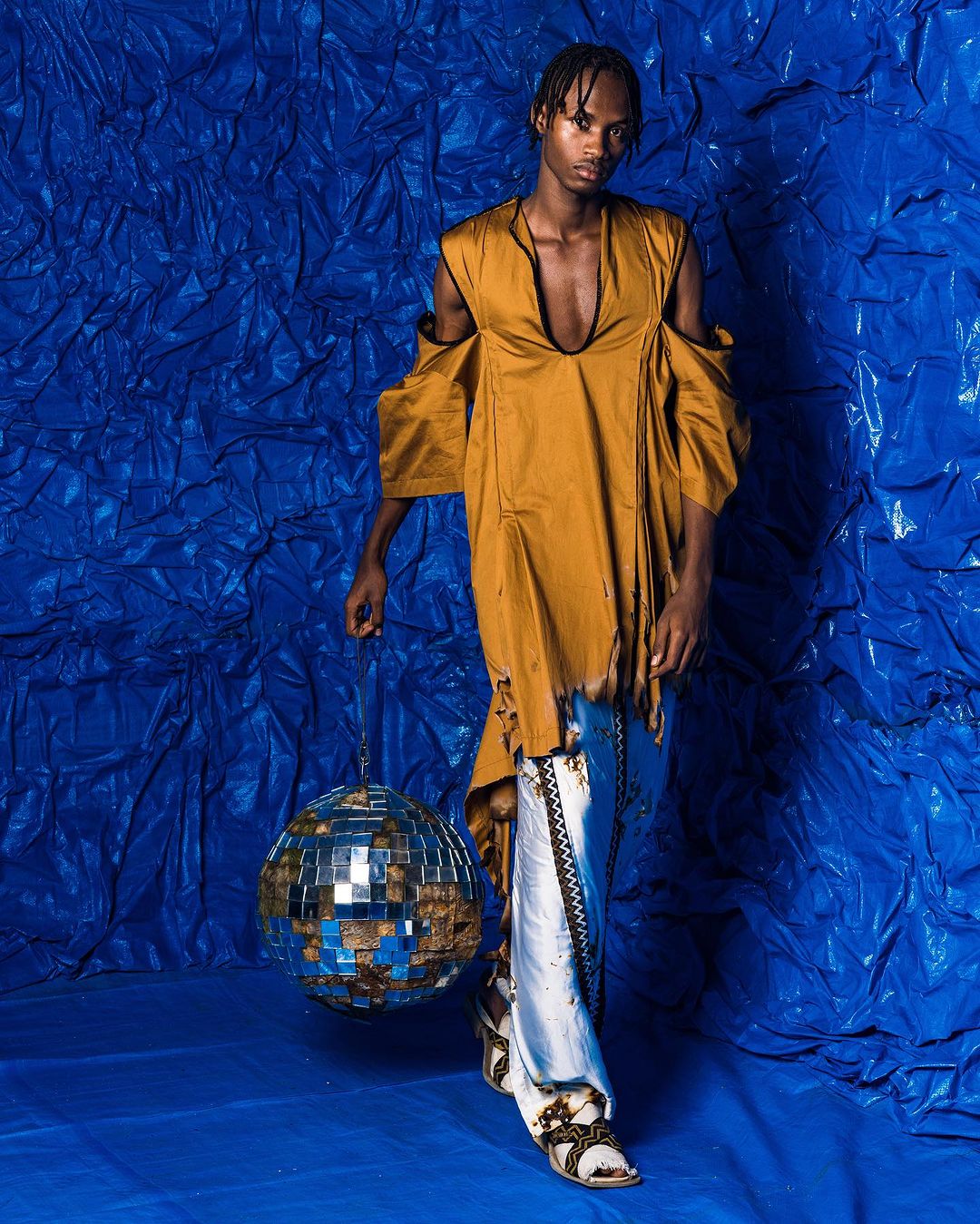 [PHOTO: Collection made by Moshions]
[PHOTO: Collection made by Moshions]
When asked what the Rwandan fashion industry is missing, a fashion expert stated, "It's hard to pinpoint exactly what's missing, but there's clearly a lack of unity among fashion designers, which is a significant issue for the future." The expert explains, "If you see people unwilling to let others sell and hiding the few available opportunities from other designers, it's a big problem for our community."
The expert added that while individuals may not be able to solve the problem alone, the government could bring people together by creating a platform that unites the fashion industry, especially as Rwanda is promoting Made in Rwanda products. They also emphasized that people should stop blaming CollectiveRw or any single entity. "People must change their mindset and stop blaming CollectiveRw or anyone else. This is a business – if you can't run your business well, it's your problem, not anyone else's."
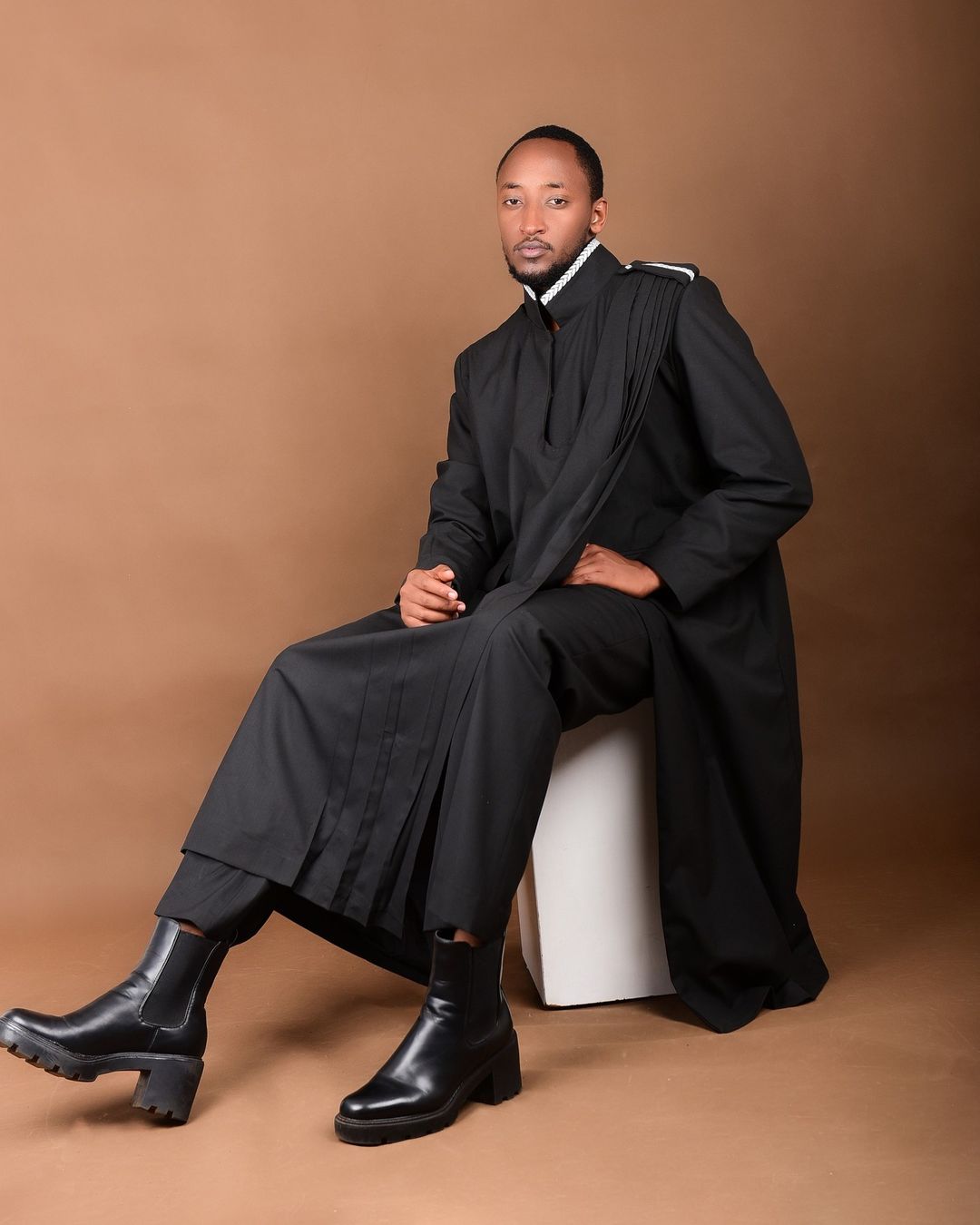 [PHOTO: Collection made by Umuheto Designs]
[PHOTO: Collection made by Umuheto Designs]
Latest from RCFS
- One week to go until Africa Sourcing and Fashion Week 2024: Designers, Exhibitors, and Speakers
- One week to go until Africa Sourcing and Fashion Week 2024: Designers, Exhibitors, and Speakers
- 9 Years Milestone: Moses Turahirwa and His Moshions Brand Rwanda-Based
- 9 Years Milestone: Moses Turahirwa and His Moshions Brand Rwanda-Based
- What to Expect in Lagos Heineken Fashion Week 2024: Runways Kick off Today



